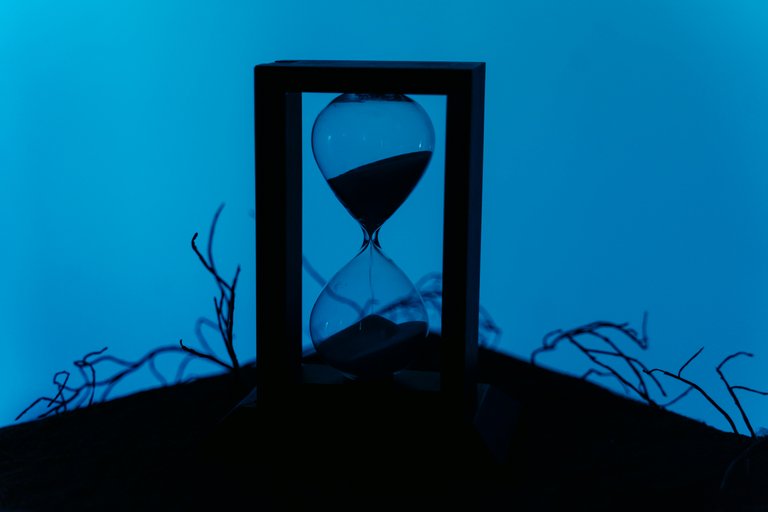There's a particular subtle yet profound difference between looking at something and looking through something, almost like a vision shift(if you're using your senses) or a mind shift(when you're using your mind) from one level of reality to another level of reality.
For example, whenever I'm looking at the night sky, specifically the stars, it's not that uncommon for my awareness to shift from the stars themselves to the background that the stars rest on.
And then an experience of vastness ensues with the realization that the space between the stars is not just empty but filled with "something else" that's a bit incomprehensible at this moment in time for our ordinary minds.
Some may call it dark matter, cosmic dust or the faint glow of distant or emerging galaxies.
For me, it's always yet another reminder of how much more there is beyond what we can immediately see!
For the most part, I prefer thinking analogically, because it's less divorced from reality than logical thinking.
An interesting experience I had with this recently was when I was looking at an hourglass I came across at an antique shop.
Initially, I focused on the sand as it fell, drops by drops, which lasted for some minutes and then my attention shifted almost by itself to the glass itself, the frame, and eventually to the concept of time it represents.
Fluid And Well Rounded
Looking back now, I wonder who invented the hourglass to represent the passing of time in that way. It's quite accurate, especially on a macro level.
This is just a guess but the hourglass might have been conceived by someone who wanted to make time tangible, visible, and measurable in a way that resonates with human experience.
On a macro level, it accurately conveys the continuity of time. Like how it flows from one moment to the next, uninterrupted, just as sand flows from the top to the bottom, the passage of seconds and the journey of life itself can both be depicted from it.
I think our perception of time changes when we think of it as a flow rather than a series of discrete events.
For one, viewing time as a flow brings a more well rounded understanding of existence. Rather than seeing life as a linear series of checkpoints or milestones, we begin to appreciate the journey itself, especially the in-between moments.
Besides, a fluid view of time can definitely liberate us from the tyranny of the clock that we're so immersed in nowadays, allowing for a more organic rhythm to our days, by which time expands and contracts with our experiences as opposed to it being a long and linear continuum with segmented progressions that's really hard to make sense of, at a glance.
Thanks for reading!! Share your thoughts below on the comments.
